Nigeria
The Nigerian government eased most of the remaining Covid rules which included a night time curfew and limitations on gatherings, imposed at the start of the outbreak in Africa's most populous country.
Taking into account the decrease in the number of cases and citing a reduction in "the risk of new variants arriving on the territory, as well as the availability of vaccines" a document from the presidency stated the end most of the Covid-19 rules still in force in Nigeria.
The statement sent Tuesday to AFP reads: "The curfew imposed between midnight and four o'clock in the morning throughout the country has been lifted".
This measure, although enforced at the beginning of the pandemic, had been largely ignored since the beginning of 2021, particularly in Abuja, the political capital, and in Lagos, the economic and cultural megalopolis of 20 million inhabitants.
The limits on attendance for social gatherings has also been abandoned. Even so, citizens are still "encouraged to refrain from non-essential movement" and wearing masks remains "mandatory for indoor activities," the document said.
Private companies must also continue to implement measures to limit the spread of the virus in the workplace.
Nearly 20 million Nigerians have received at least one dose of vaccine, but only 6.3 percent of the total population was fully vaccinated as of April 5, 2022, according to figures released by the authorities.
Since the beginning of the pandemic in March 2020, the country has officially recorded less than 260,000 cases, including 3,142 deaths.
These figures are very low compared to its 215 million inhabitants. But they are thought to be largely underestimated because of a low number of tests.



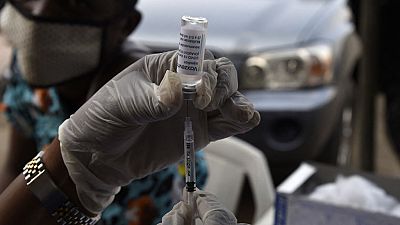

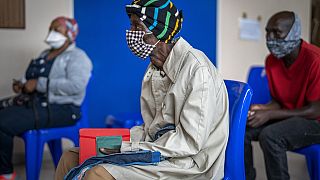
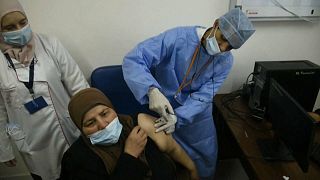

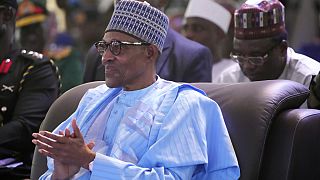


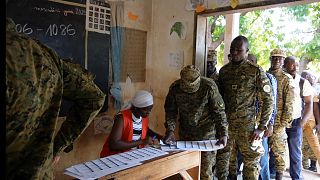
Go to video
What to know about the COVID variant that may cause 'razor blade' sore throats
01:29
US medication safety agency approves biannual preventive HIV shot
01:21
Curfew imposed in parts of downtown Los Angeles after days of protests
01:02
As cholera cases surge, African leaders urge local production of vaccine
Go to video
England to launch world-first Gonorrhoea vaccination programme
Go to video
WHO approves landmark pandemic agreement to improve response in event of future pandemic